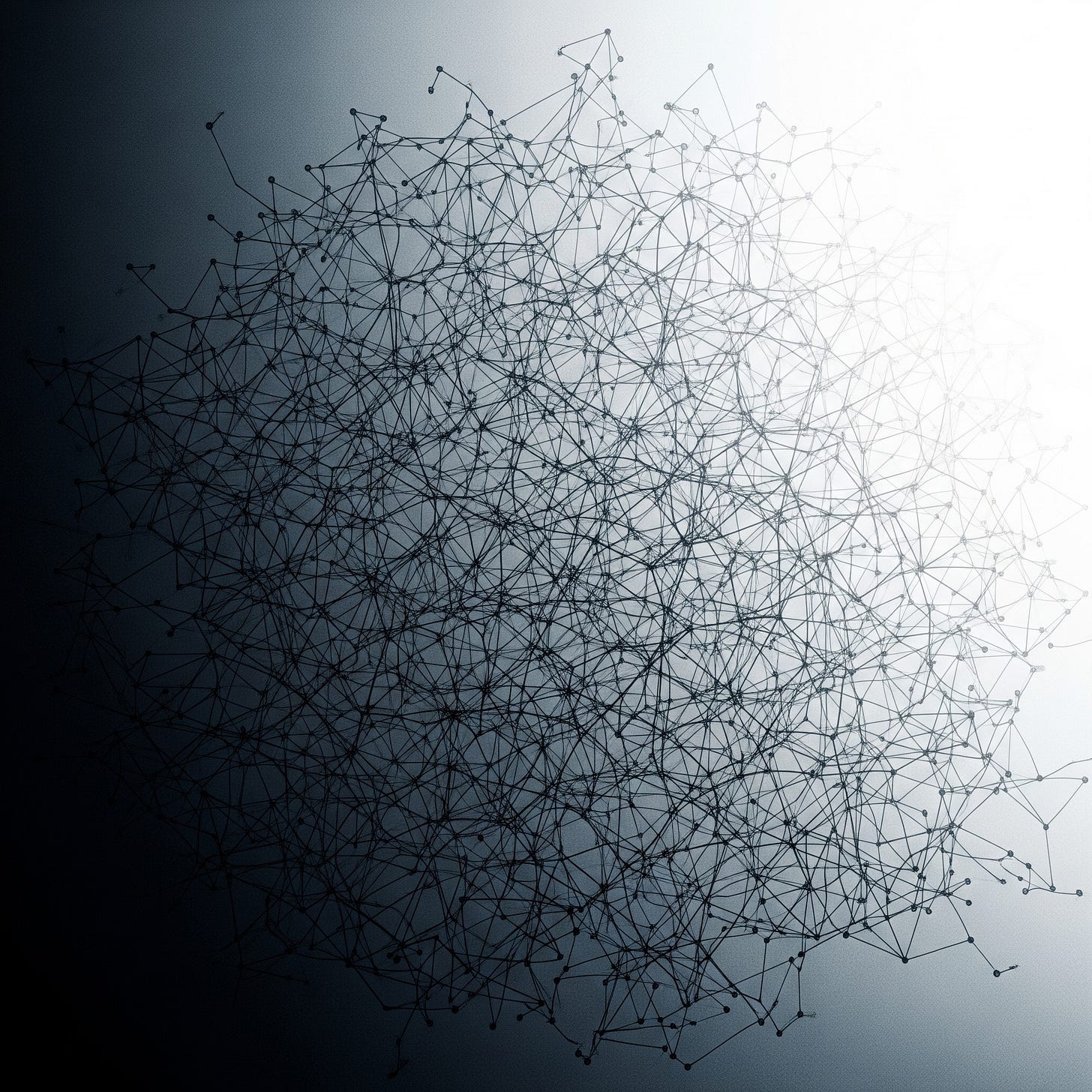The Discipline of Doing Less (On Purpose)
The most dangerous habit in leadership: confusing effort with impact.
Da Vinci understood what most modern leaders forget.
"The greatest geniuses sometimes accomplish more when they work less."
Not because output doesn't matter. Because output depends on input quality.
High performers operate in two modes:
Load Mode — Execute, ship, decide, deliver.
Clarity Mode — Step back, reframe, observe, reset.
Most leaders live in Load Mode by default. They reward responsiveness over reflection.
The cost isn't always visible. But it's real:
Strategic drift creeps in.
Decision quality declines.
Fatigue compounds.
The solution isn’t to work less randomly. It’s to design cognitive recovery into the system.
Why Less Can Produce More
Incubation Effect
Meta-analysis across multiple studies shows stepping away from a problem boosts creativity and problem solving (Sio & Ormerod, 2009). Unconscious processing continues even when you're not actively thinking.
You think you're resting. Your brain is still working.
Rest as a Performance Multiplier
Neuroscience studies confirm that deliberate rest activates the brain's default mode network (DMN), which plays a key role in insight and long-term planning (Immordino-Yang et al., 2012). The DMN allows for integration of complex ideas when you're not consciously forcing them.
Sleep science says the same.
REM sleep, naps, and even quiet wakeful rest support creativity and executive function (Cai et al., 2009; Walker, 2017).
Your best ideas often arrive when you're not at your desk.
Real-World Proof
The data is stacking up:
Microsoft Japan saw a 40% productivity increase during their 4-day workweek experiment.
Iceland’s trials showed productivity maintained or improved across multiple industries.
Even Darwin, arguably one of the most influential scientists in history, worked ~3-4 focused hours per day.
The most effective systems balance intensity with recovery.
The Risk of Constant Activity
Multitasking and continuous partial attention erode both cognitive flexibility and problem-solving accuracy (Rosen et al., 2013; Levitin, 2014).
You aren’t more productive when you're always busy. You’re just more distracted.
The Core Principle
You don’t need more effort. You need better conditions for clarity.
Elite performers don't manage time. They manage their cognitive load.
Practical next steps:
Schedule one deep-thinking block this week (phone off, calendar clear).
Protect 60-90 minutes daily (it doesn’t have to be in one block) for unstructured recovery: walk, read, sit.
Build “white space” into your leadership operating model.
The discipline isn’t in doing more. The discipline is in knowing when to stop.





This sounds like a luxurious and appealing idea on paper. But the truth is, we are general-purpose organic beings, not built for only one purpose. I’m not sure when or why Da Vinci is quoted with that idea, but it doesn't reflect how he actually lived. He was deeply obsessed with his work and often went for days without rest. His brilliance came from relentless curiosity and effort, not from essentialism. Da Vinci was not only an artist; he was also a scientist, engineer, inventor, musician, and cartographer. Darwin was the same. Their greatness came from intense work across different fields. If anything, they were extreme multitaskers. Unless I've read the wrong biographies, their lives show that versatility, not narrow focus.